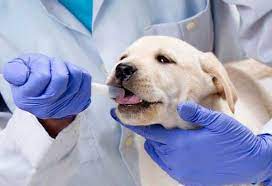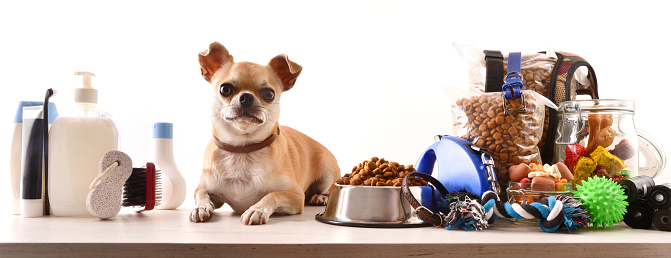Along with this, it deals with animal rearing, husbandry, breeding, research on nutrition, and product development. The scope of veterinary medicine is wide, covering all animal species, both domesticated and wild, with a wide range of conditions that can affect different species.
Veterinary medicine is widely practiced, both with and without professional supervision. Professional care is most often led by a veterinary physician (also known as a veterinarian, veterinary surgeon, or "vet"), but also by paraveterinary workers, such as veterinary nurses, veterinary technicians, and veterinary assistants. This can be augmented by other paraprofessionals with specific specialties, such as animal physiotherapy or dentistry, and species-relevant roles such as farriers.

Veterinary care and management are usually led by a veterinary physician (usually called a veterinarian, veterinary surgeon or "vet" - doctor of veterinary medicine or veterinary medical doctor). This role is the equivalent of a physician or surgeon (medical doctor) in human medicine, and involves postgraduate study and qualification.
In many countries, the local nomenclature for a vet is a protected term, meaning that people without the prerequisite qualifications and/or registration are not able to use the title, and in many cases, the activities that may be undertaken by a vet (such as animal treatment or surgery) are restricted only to those people who are registered as vet. For instance, in the United Kingdom, as in other jurisdictions, animal treatment may be performed only by registered vets (with a few designated exceptions, such as paraveterinary workers), calling oneself a vet without being registered or performing any treatment is illegal.
Top Stores to Buy PETS MEDICATION with Extra Discounts
Similar Posts
Stay Connected
Sign Up to
Our Newsletter
Get expert reviews and suggestions for 100s of Categories and Stores directly to your Inbox.






